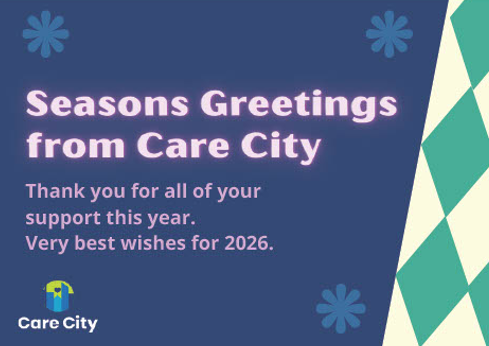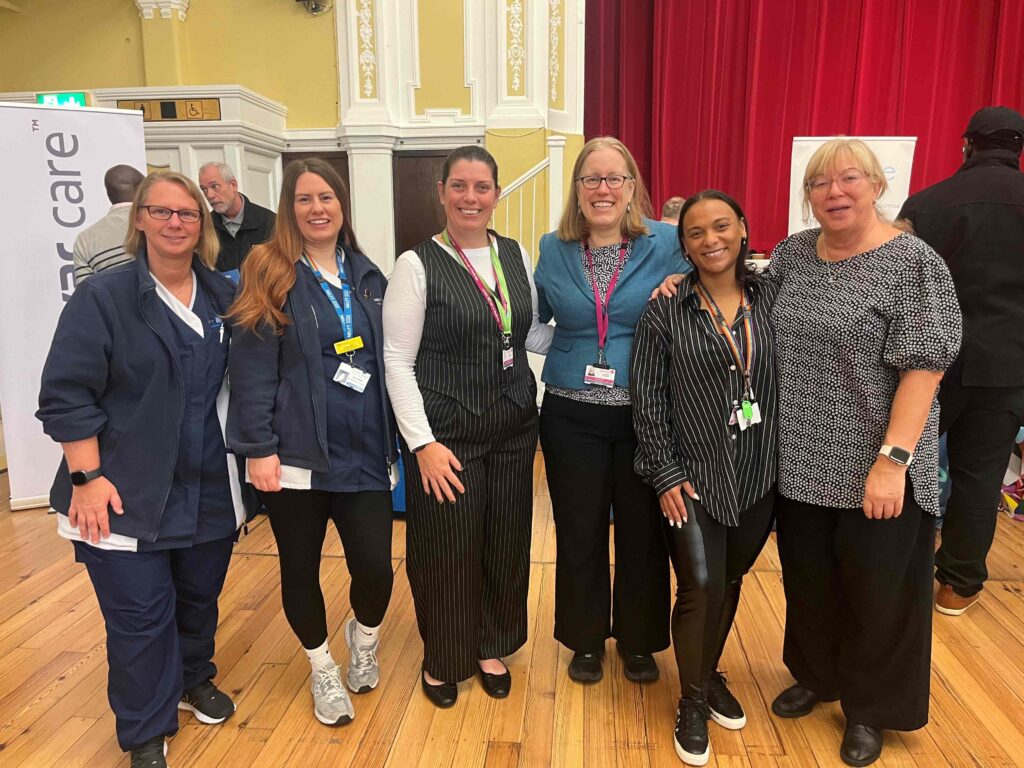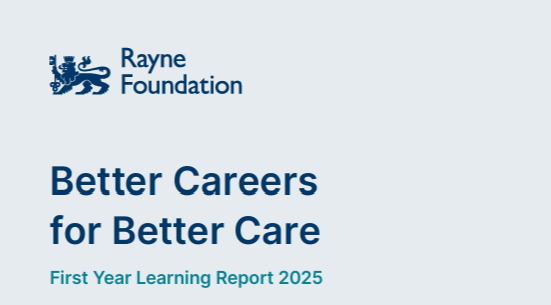Working with patients and the NHS to improve heart health
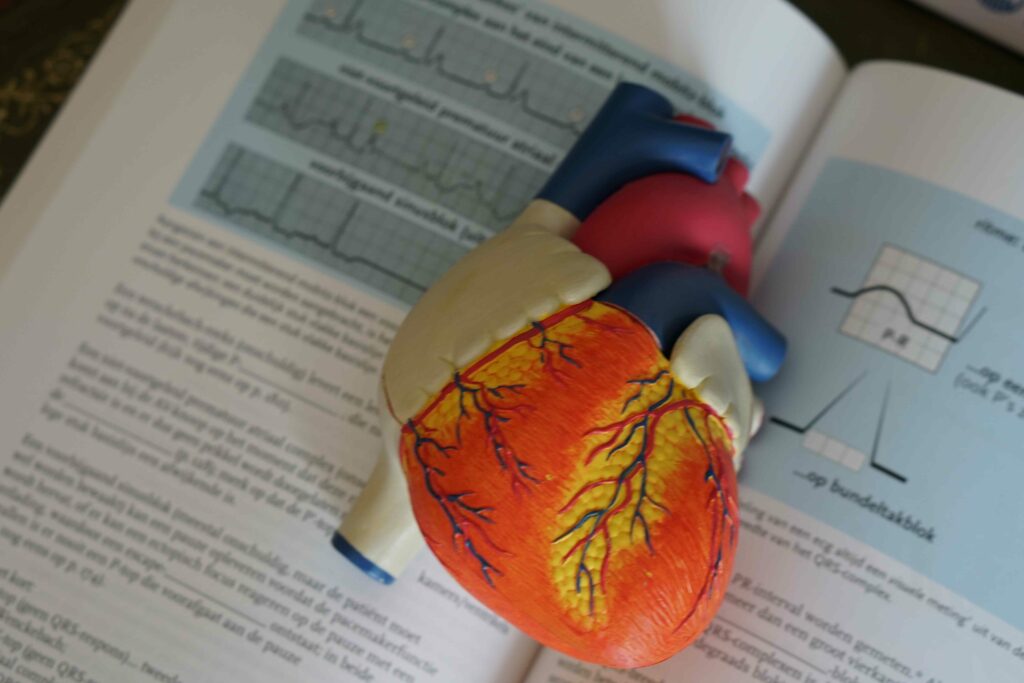
Paul Corrigan’s blog looks at the work we are doing to support Cardiac Rehab services to achieve green status from the National Certification Programme for Cardiac Rehab.
Most of us know someone who has had a heart attack or a stroke. Cardiovascular Disease (CVD), the cause of heart attack and strokes, is still the main cause of death in England. That means cardiovascular health is important to nearly every family in the country, which is one of the reasons why Care City has been so involved in innovation in this area of care.
Much of what Care City has been working with the NHS on, is the treatment of people who have had a heart attack or a stroke. But before outlining our work it’s important to stress the possibilities of prevention. If we can better understand the factors that improve cardiovascular health, we can stop the level of disease later in life. There are 7 recognised indicators of cardiovascular health:
- non-smoking
- healthy diet
- physical activity levels
- body weight
- blood pressure
- cholesterol
- glucose levels
If at the age of 50 you have ideal indicators in these seven themes, then this is very likely to lead to future decades of your life free from cardiovascular ill health. This is one of the reasons why so many commentators are now stressing the importance of health improvement, an issue we will return to in later posts. North East London’s Integrated Care Board is itself committed to greater emphasis on primary prevention of disease amongst the population of East London.
Much of Care City’s work has been alongside the NHS and patients who have already had a heart attack or a stroke. This is “secondary prevention” where you work with the patient who has had a bad event to ensure that they can live as normal a life as possible and prevent further attacks.
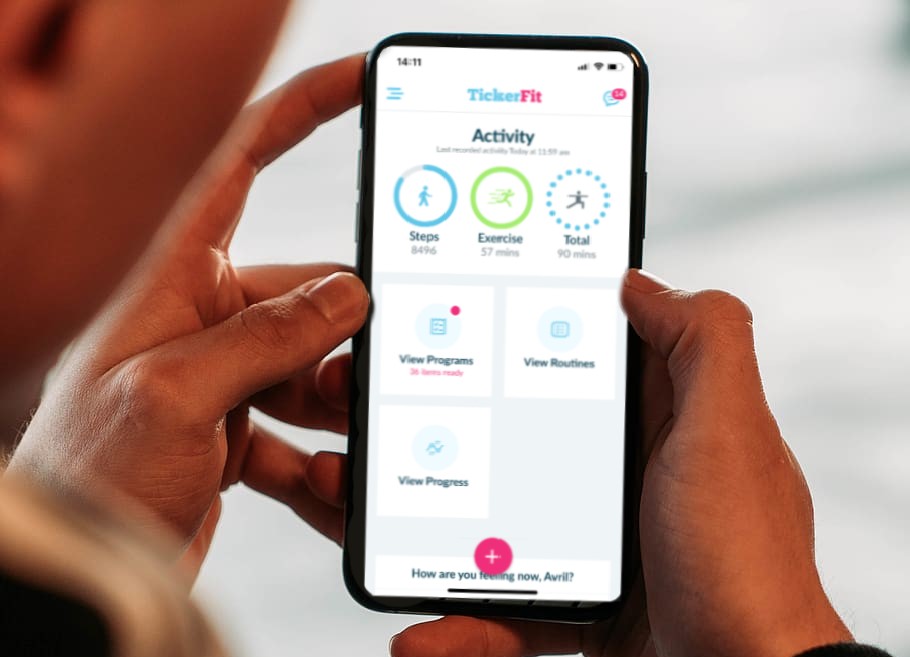
A few years ago, the NHS selected a number of local organisations to work with innovative technology companies to see if their technologies can be harnessed by the NHS to improve health and health care. Care City was one of those organisations selected. We worked with Barts Hospital and Tickerfit, an app that enables cardiac rehabilitation to be delivered remotely at a time suitable for the user and not just suitable for the NHS, whilst still providing the patient with clinical support. This is especially useful for those people who have had a heart attack and are at work and cannot get to regular cardiac rehabilitation.
Our work with cardiac rehabilitation continues. Nationally the NHS through its National Programme for Cardiac Rehabilitation (NCP_CR) recognises all those rehabilitation programmes that meet its standards. It gives them a green status However, to meet that status, each rehabilitation programme needs to return a lot of data from their local team to the national register. This task of entering the data is often undertaken by senior members of the team due to the perceived difficulty of data input and the medical nature of the questions.
We all know how short of trained staff the NHS is. But all the time medical staff are entering data, it reduces the amount of time that they can have for patient contact and appointments. These capacity issues can also result in incomplete data uploads.
Care City is working with Judith Colley, NEL Cardiac Rehab Lead, Barts Health and North London Cardiac Operational Delivery network to understand how we can best support Cardiac Rehab services to achieve green status from the National Certification Programme for Cardiac Rehab.
There are 15 Cardiac Rehab Services across North London, some of whom, despite offering a good service to cardiac rehab patients, are not receiving green status, possibly due to the aforementioned capacity issues.
Our project is to understand through surveys and interviews (with Cardiac Specialist Nurses, CR service leads, Physiotherapists, Administrators, and Clinical System Managers), the root cause as to why services are not achieving green status with a particular focus on how data is being captured and reported to the Programme. And from there, identify the opportunities available to improve data entry and reporting.
We all know how much pressure is on the NHS to expand nearly all its services so before new staff can be appointed there needs to be a strong business case made to release the funds. We are creating a business case template to support requests for data admin staff that will then release the medical staff to see more patients. This will allow many more CVD patients in East London to know that they are getting the best rehabilitation work.
Care City is now looking forward to the next stage of our work to improve cardiac services. We hope to soon receive funding to look at how we can improve access to specialist CVD nurses.
Access to Arrhythmia Nurse Specialists (ANS) and Heart Failure Specialist Nurses (HFSN) improve patient outcomes and deliver cost savings to the NHS. However, across North East London there is inequality of access to these specialists, and where there is access to these specialists the staffing levels per population don’t meet national recommendations.
There is therefore a requirement for more specialist nurses across North East London. We are developing local business cases to provide justification to the Trusts and Integrated Care Boards to fund these posts.
Together with patients and NHS staff, Care City is at the heart.

